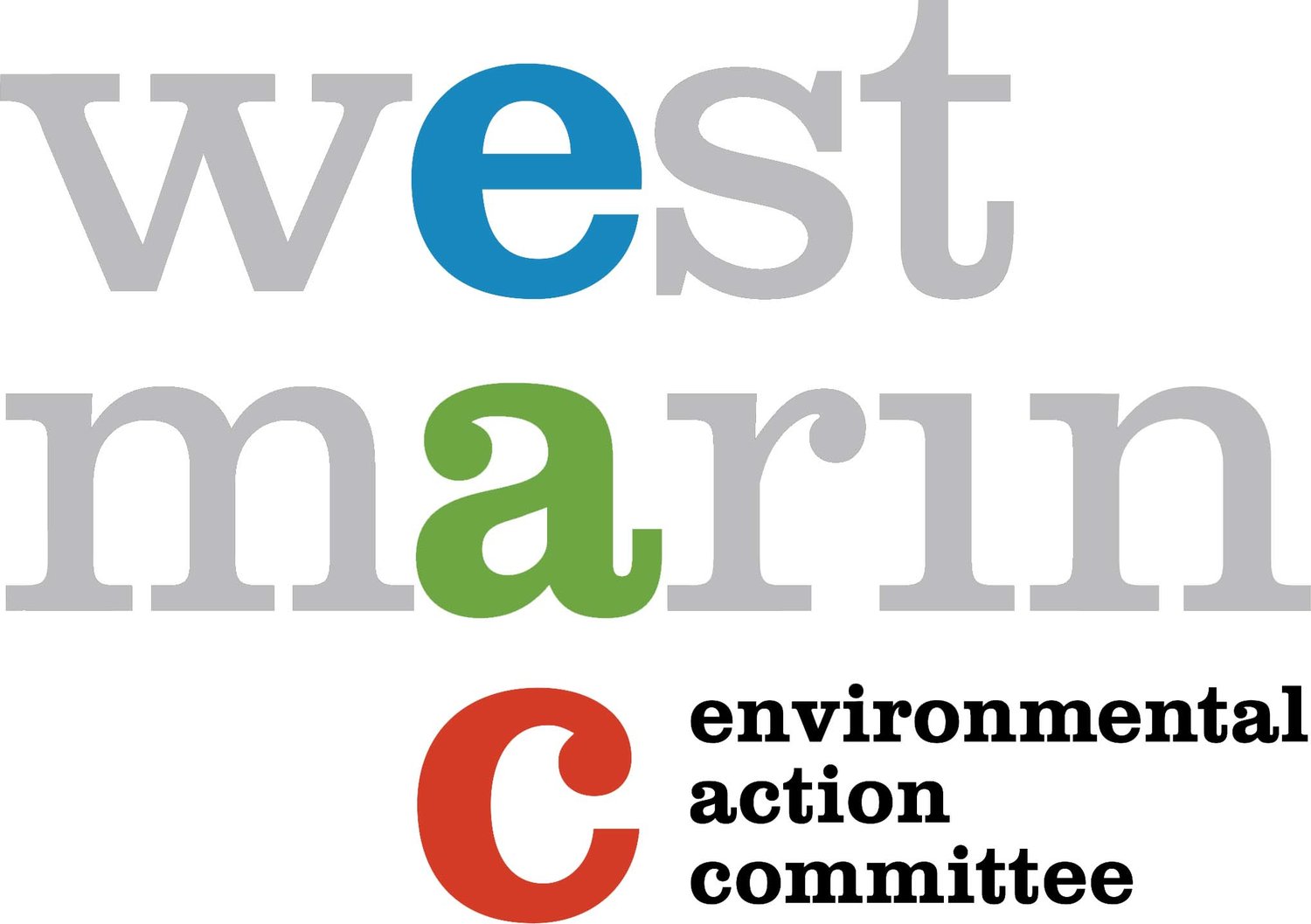In November, the Federal Government released the Fifth National Climate Assessment (NCA5), a comprehensive analysis of how regions within the United States are experiencing the impacts of climate change. The NCA5 assessed the current and future efforts of the United States to respond to climate change-induced disasters. The NCA5 did not recommend specific climate change management or adaptation measures.
The NCA5’s Interactive Atlas allows users to explore climate maps from the NCA5 to determine the projected future climate conditions for regions across the United States to inform future community- and state-driven climate mitigation and resilience efforts.
This year, the United States has experienced 25 weather and climate disasters that have claimed hundreds of lives and cost more than $79 billion in damages. Under the Biden-Harris Administration, action taken through the Inflation Reduction Act and the Bipartisan Infrastructure Law has helped Americans respond to and prepare for climate-related challenges and extreme weather events.
Throughout the Southwest (Arizona, California, Colorado, Nevada, New Mexico, and Utah), droughts, wildfires, and increased sea level rise caused by climate change threaten water resources and compromise human health.
Since 2018, 31 climate-and-weather-related disasters in the Southwest have resulted in more than 700 lives lost and an estimated $67.3 billion (2022 dollars) in total damages. In California, the state’s government has applied climate science to plan for and decide on the best management practices to combat climate change-induced disasters. Efforts by the state to adapt to climate change have prioritized equitability and inclusion by ensuring the participation of local and Tribal communities in the decision-making process.
West Marin’s location along California’s coast makes it susceptible to damage caused by increased sea level rise and other climate change-induced disasters. Since 1971, EAC has dedicated itself to protecting and sustaining the unique lands, waters, and biodiversity of West Marin. EAC is committed to staying informed on the latest climate science to accomplish its work by bringing people, science, and policy together to protect vital ecosystems, defend critical legislation, enforce accountability of local and state leaders and legislators, and rally its members to become stewards of their community.
Learn more:




